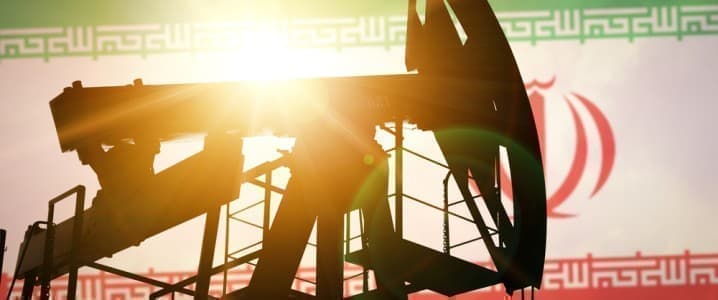
Oil deliveries from Russia to Hungary via the Druzhba pipeline have been interrupted following a Ukrainian strike on a transformer station, according to Hungarian Foreign Minister Peter Szijjarto. This disruption in petroleum transportation has raised concerns over Hungary’s energy security, which Szijjarto described as “outrageous and unacceptable.”
The Druzhba pipeline is a crucial conduit for Russian crude oil to Central Europe. It features two main branches: the northern line transports oil through Belarus to countries including Belarus, Poland, Germany, Latvia, and Lithuania, while the southern branch passes through Ukraine, supplying the Czech Republic, Slovakia, Hungary, and Croatia. Despite the ongoing conflict, Russian crude oil transported through pipelines remains exempt from sanctions, a necessity for landlocked Central European nations that rely heavily on this infrastructure.
While the Czech Republic managed to cease its Russian oil imports through the Druzhba pipeline earlier this year, marking a significant policy shift, Hungary continues to depend on this Soviet-era system for the majority of its crude oil needs. Since the onset of the Russian invasion of Ukraine in 2022, Hungarian leadership, including Prime Minister Viktor Orban, has maintained close ties with Russia, engaging in multiple discussions with Vladimir Putin and other senior Russian officials. This relationship stands in contrast to the European Union’s broader strategy of isolating Russia through sanctions.
In the most recent incident, Szijjarto has placed blame on Ukraine for the attack, emphasizing that it threatens Hungary’s energy security. Russian Deputy Energy Minister Pavel Sorokin has communicated to Szijjarto that efforts are underway to repair the transformer station, although it remains uncertain when oil deliveries will resume.
The timing of the Ukrainian attack coincided with a significant diplomatic meeting at the White House on March 15, 2024, where U.S. President Donald Trump was set to meet with Ukrainian President Volodymyr Zelenskyy and several leading European officials. This incident underscores the complex geopolitical tensions influencing energy supplies in the region.
As the situation develops, Hungary’s reliance on the Druzhba pipeline highlights the critical interplay between energy security and international relations, particularly in a landscape shaped by ongoing conflict and diplomatic challenges.





